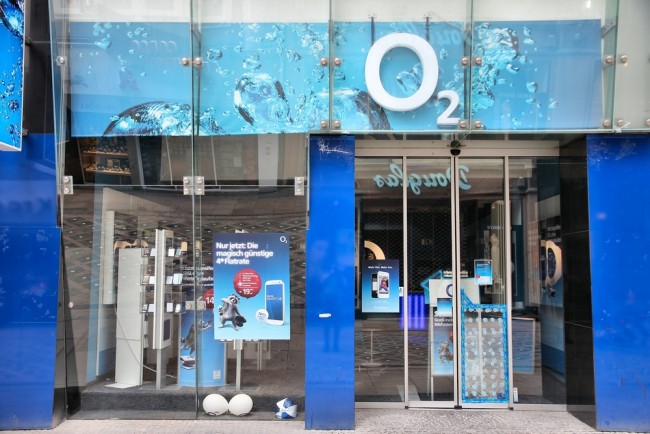Britain’s competition regulator has called on the European commission to block the owner of Three’s £10bn acquisition of O2 or force the combined mobile phone operator to break itself up to protect consumers, reports The Guardian.
Hutchison Whampoa, the Hong Kong conglomerate that owns Three, agreed in March 2015 to buy O2 from Telefónica of Spain. The deal would create Britain’s biggest mobile phone company and reduce the number of UK network owners from four to three.
In October, the UK’s Competition and Markets Authority asked the EC to refer the acquisition to it but in December the commission turned down the request, saying it was better qualified to apply European rules. The CMA had argued fewer mobile operators would lead to higher prices or worse service for British consumers.
With a week until the deadline for the EC’s decision, Alex Chisholm, the CMA’s chief executive, has written to the commissioner, Margrethe Vestager, saying the EC’s proposed actions to protect consumers are inadequate.
Chisholm said: “It is clear that the remedies offered fall well short of what would be required to meet the relevant legal standard, as detailed in our case submissions. The proposed remedies are materially deficient as they will not lead to the creation of a fourth mobile network operator (MNO) capable of competing effectively and in the long-term with the remaining three MNOs such that it would stem the loss of competition caused by the merger.”
He said the combined company should be forced to sell either Three or O2 to an approved buyer or the deal should be scrapped. Hutchison has offered to freeze prices for five years, invest £5bn to improve coverage and reliability and sell some of the merged network to rivals.
Chisholm’s letter reinforces the UK authorities’ unhappiness about the takeover, which would give Hutchison, owned by Hong Kong’s richest man Li Ka-shing, 40 per cent of mobile phone users with more than 30 million customers. The commission is due to decide what action to take on 18 April.
Sharon White, the chief executive of the communications regulator Ofcom, wrote to the commission earlier this year arguing the deal could mean higher prices, reduced competition between network providers and the big operators having too much power over independent retailers.


